Woman's Late-Stage Breast Cancer Cured By Breakthrough Treatment
June 5, 2018
A woman with advanced breast cancer and given only months to live has been cured after taking part in an experimental injection, using her body's own immune system to wipe out the tumors.
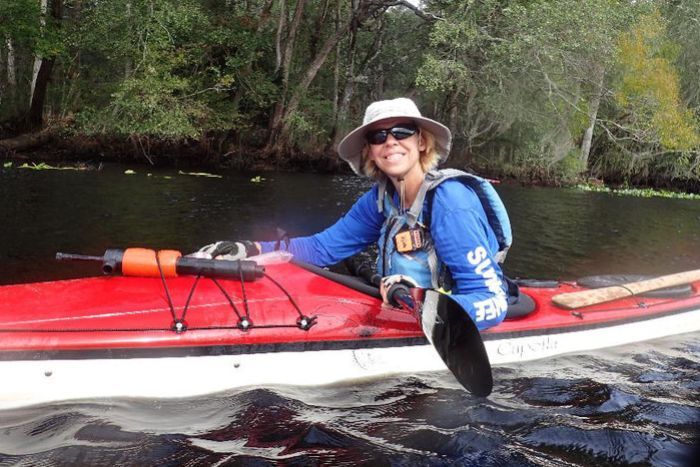
Credit: Judy Perkins / Facebook
Judy Perkins, 52, had late-stage breast cancer which had stopped responding to chemotherapy and other treatments. She had tumors the size of plums in her liver after the cancer had spread through her body.
She was told she had months to live and made a bucket list of places to visit before she died.
But thanks to a revolutionary immunotherapy treatment administered by the National Institutes of Health, the mother of two has now been cancer free for two years.
"It feels miraculous and I am beyond amazed that I have now been free of cancer for two years," Perkins said.
The approach used was presented at the annual conference of the American Society of Clinical Oncology this week.
How they did it
Researchers took a small sample of Perkins' tumor and studied the DNA mutations in it.
Then they extracted immune cells from the tumor and grew billions of them, finding those which would be the most effective to kill her cancer.
Perkins was injected with 80 billion selected immune cells, as well as being given a drug called pembrolizumab, which can help the immune system to attack cancer.
After the treatment, all of Perkin's cancer disappeared and has not returned more than 22 months later.
"My condition deteriorated a lot towards the end and I had a tumor pressing on a nerve, which meant I spent my time trying not to move at all to avoid pain shooting down my arm. I had given up fighting," Perkins said.
"But after the treatment dissolved most of my tumors, I was able to go for a 40-mile hike. I went from being on morphine and a lot of painkillers to stopping taking them all in one go."
It is a world first in using the treatment, called "adoptive cell transfer", to successfully treat breast cancer and is hoped to be available for a wider group of patients within five years.
The research has been published in the journal Nature Medicine.
 Dogs Are Forced To Wear The Things They Steal — And It’s Hilarious
Dogs Are Forced To Wear The Things They Steal — And It’s Hilarious
 Meet Nazgul: The Dog Who Crashed An Olympic Ski Race And Nearly Won
Meet Nazgul: The Dog Who Crashed An Olympic Ski Race And Nearly Won
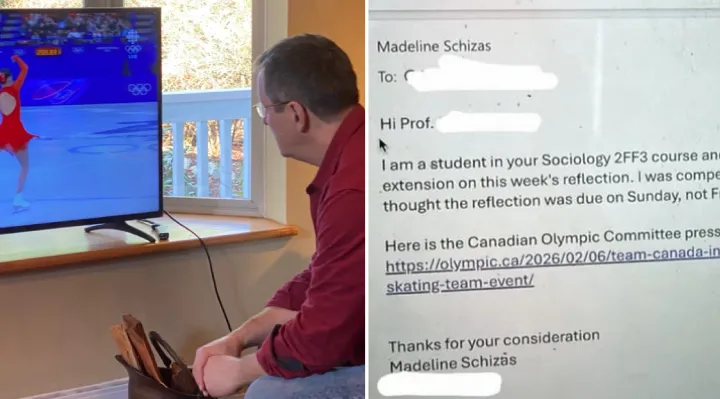 Professor Watches His Student Compete At The Olympics After She Requested An Extension On An Assignment
Professor Watches His Student Compete At The Olympics After She Requested An Extension On An Assignment
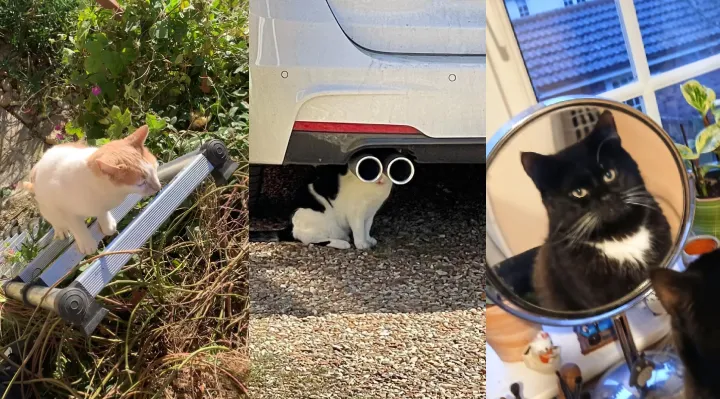 People Are Submitting Photos of Their Cats’ ‘Jobs’— And We Can’t Stop Laughing
People Are Submitting Photos of Their Cats’ ‘Jobs’— And We Can’t Stop Laughing
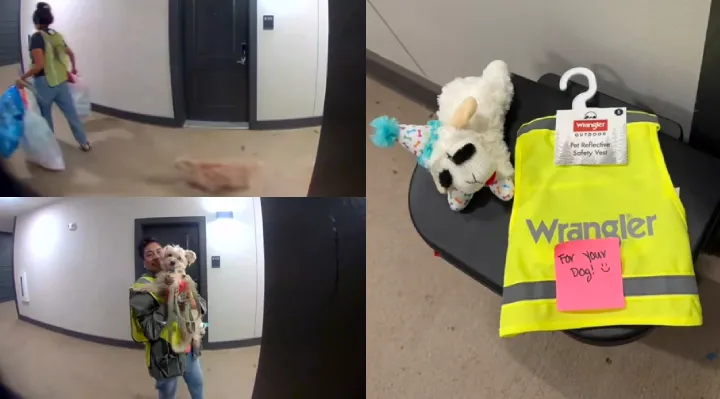 She Collects Trash 5 Days A Week With Her Dog — So A Resident Gifted Her Dog A Matching Vest
She Collects Trash 5 Days A Week With Her Dog — So A Resident Gifted Her Dog A Matching Vest
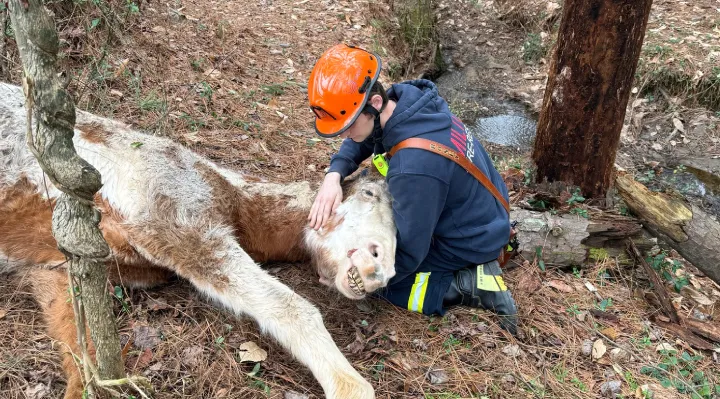 A Childhood Bond Reunited: Firefighter Saves The Horse That Taught Him To Ride
A Childhood Bond Reunited: Firefighter Saves The Horse That Taught Him To Ride
 Mom Was About To Miss Her Flight, So A Stranger Picked Up Her Kid And Ran With Her
Mom Was About To Miss Her Flight, So A Stranger Picked Up Her Kid And Ran With Her
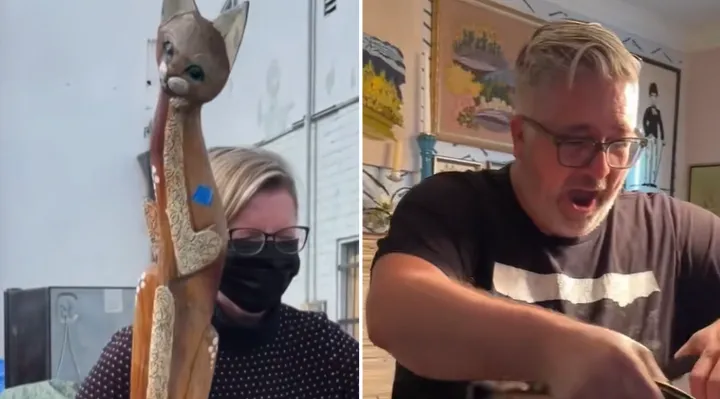 He Ordered A Doctor Bag — But The Size Has Him Laughing Uncontrollably
He Ordered A Doctor Bag — But The Size Has Him Laughing Uncontrollably
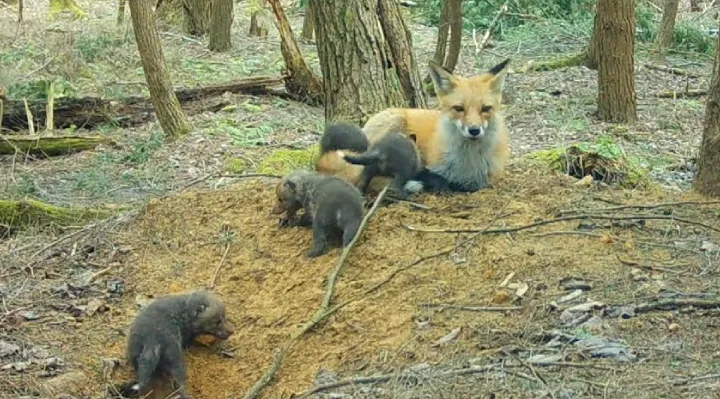 Mom Red Fox Calls Her Adorable Pups Out For The First Time
Mom Red Fox Calls Her Adorable Pups Out For The First Time
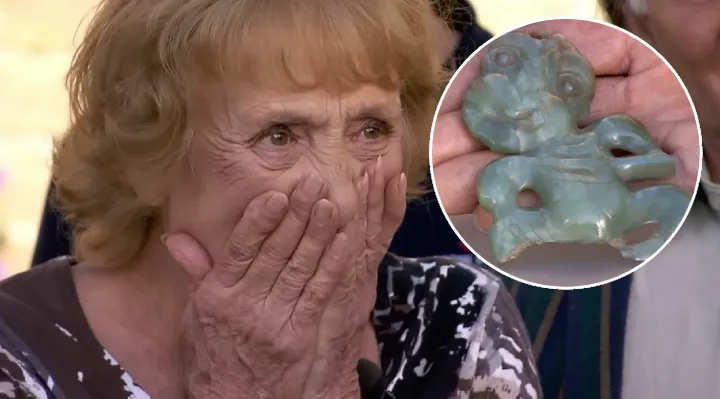 Woman Stunned By Valuation Of Rare Māori Jade Hei-Tiki Found In Her Garden
Woman Stunned By Valuation Of Rare Māori Jade Hei-Tiki Found In Her Garden
 She Gave Her Dad The One Thing He’d Been Searching For His Whole Life
She Gave Her Dad The One Thing He’d Been Searching For His Whole Life
